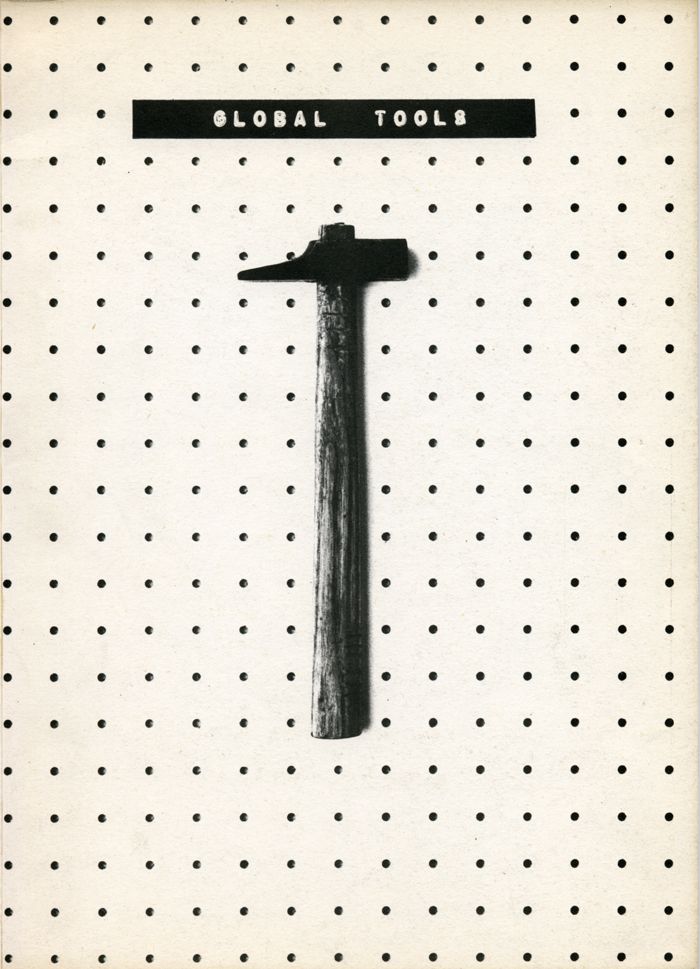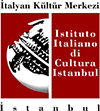GLOBAL TOOLS 1973-1975:
Towards an Ecology of Design
Salt Beyoğlu
March 11 – April 11, 2014

Global Tools Bulletin, no.1 (cover), 1974
Courtesy L'Uomo e l'Arte, Milan
Courtesy L'Uomo e l'Arte, Milan
SALT Beyoğlu, Forum
Global Tools was a multidisciplinary experimental program of design education founded in 1973 in Italy by the members of the Radical Architecture including Ettore Sottsass Jr. and Andrea Branzi among others. It was conceived as a diffuse system of laboratories (firstly in Florence, Milan and Naples) promoting the “[…] study and use of natural materials and their behavioural characteristics” with the support of media (namely the magazine Casabella) and aimed to establish an alternative relation with the Italian Industry.
The movement developed in the complex socio-political and cultural Italian context of the early 1970s, oscillating between the vivid intellectual environment of operaist theories and the critical political moment of terrorism known as “Anni di piombo” [Years of Lead]. The idea underpinning this system of laboratories was to conjugate the most utopian and intransigent aspirations of Radical Architecture with alternative life solutions promoted by designer and educator Victor Papanek, and Stewart Brand’s The Whole Earth Catalog, in order to invent new operational “tools” for the upcoming era of globalization. Global Tools initiators invested in building a program of research and education outside of the institutional frame with the goal to free individual creativity from cultural superstructures that hindered or slowed its expressive capacity.
Programmed by Silvia Franceschini and Valerio Borgonuovo for SALT, GLOBAL TOOLS 1973-1975: Towards an Ecology of Design, features a display of original documents and materials, an international symposium and a series of workshops addressing the major issues raised in Global Tools: education, ecology, industry, survivalism, marginality, communication, body, failure, community, theory, construction, technology, handcraft and ideas around archeologies of the future.
Silvia Franceschini is a researcher in contemporary art and design based in Milan and Moscow, where she works as an independent curator and writer.
Valerio Borgonuovo is a a curator, researcher and teacher in visual arts, design and cultural planning with a post-degree specialization in neuroscience, art and culture.
Silvia Franceschini and Valerio Borgonuovo are currently working together on the first comprehensive publication on Global Tools.
In collaboration with


